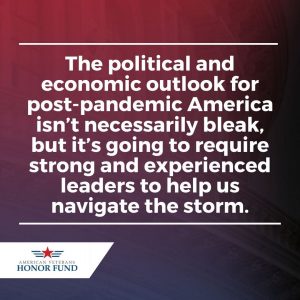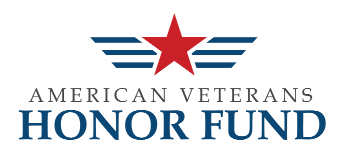As the world slowly begins to ease restrictions stemming from the COVID-19 pandemic, it’s hard not to feel excited at the prospect of returning to normalcy. But what’s equally easy to forget is the fact that the virus and its global effects will leave a lasting impression on the world we know. Much of how we live our lives was changed, and quickly, as more areas locked down and issued stay at home orders. And some of those changes are likely here to stay in at least some form. Likewise, the effects of the virus on the global economy will continue to be felt for months and, in all likelihood, years to come. As countries with robust economies such as Germany enter into recessions, it’s likely that we haven’t yet seen the end of the road, even as some people return to work and some sectors such as retail begin to open back up.
And so it is this farther reaching effect of the virus that signals that there may be tougher times ahead. The economy will most likely continue to experience aftershocks, and the path to the upcoming presidential election has already been modified and changed so much that we’re going to see more changes coming ahead. The political and economic outlook for post-pandemic America isn’t necessarily bleak, but it’s going to require strong and experienced leaders to help us navigate the storm.

This opens the door for veterans to enter into office in higher numbers. Now is an opportune time for veterans who have been on the fence about running to take the plunge and explore the avenues that a career in politics may offer. And when you think about it, veterans are perhaps some of the most well-qualified candidates for political offices. Particularly during a difficult and unprecedented time, voters should have reliable, confident, savvy leaders who perform well under pressure and who are good at thinking quickly, adapting to changes as they occur. Veterans, with their wide variety of experience in more high pressure situations than the majority of people will never experience, tick every box when it comes to finding qualified candidates.
From the outset, veterans must become comfortable being uncomfortable. Put into work fields that suit their strengths, veterans are able to draw upon their considerable experience and apply it in other situations. For example, a former combat leader may be excellent at making rapid decisions and at leading a group of others in a motivating, yet firm, way. These ingredients can transfer well into politics, especially in post-pandemic America, which will look much different than the America of elections past.
In addition, veterans are often adept at working within minimal budgets, on minimal timelines. While this is never an ideal situation, having the ability to keep a cool head under pressure and make the right decisions can generate a large amount of public trust when these skills are transferred into elected office. At both the local and state levels, now is the time for veterans to answer the call and perhaps find fulfillment in their “second service” in office.
If you are a veteran considering running for office but are unsure where to begin, a good place to start is by asking yourself: are you a good fit for a political campaign? What do we mean by this, exactly? Find out here.


